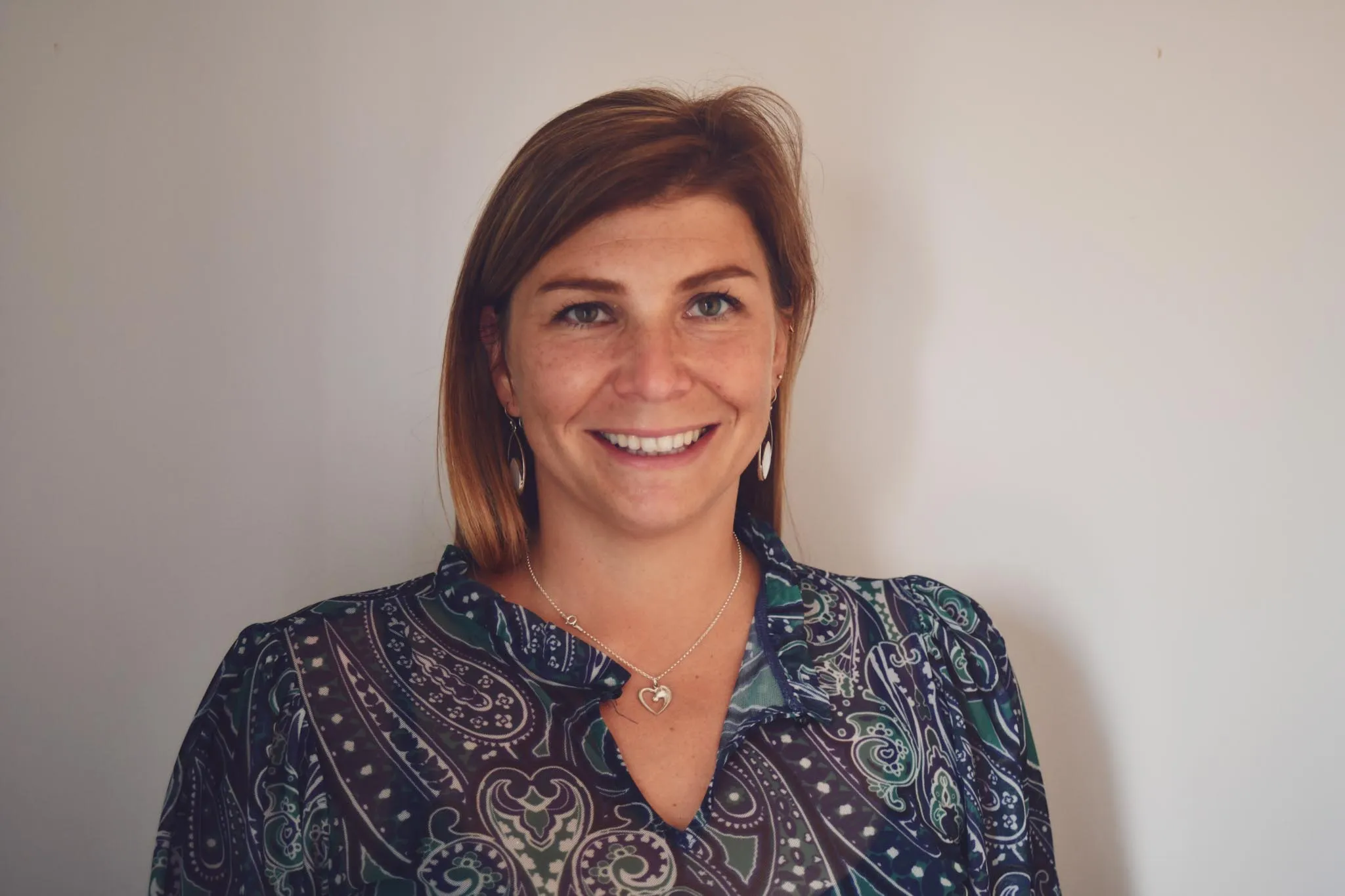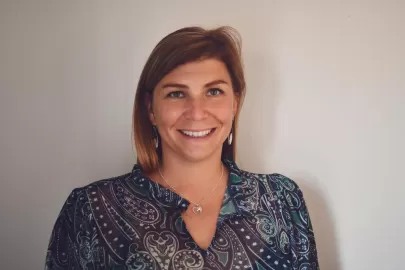
Hello and welcome to my latest blog.
This month, I’m going to concentrate on one topic only. It’s not an easy subject matter either, but I feel that in our society there is still an element of taboo in talking about death and grief, and this is something we must all try to address and overcome.
I will also touch on the issue of blame, because sometimes, when emotions are running high, the effects of grief can cause us to lose our usual sense of balance and proportionality. What follows can be a tendency to look to blame someone or something, when in fact no such blame is there. This can have devastating consequences on loved ones and staff alike, so my message here, is beware of false judgement, because a hasty view is often a wrong one.
The staff we employ enter into nursing care with the intention of helping people. Sadly, dealing with death and loss is an integral part of the job. It is particularly difficult when the deceased is someone you have known for a long time, and built a relationship with.
In our homes we have found ourselves dealing with death, and grief, on an increasing level over the last few years. As a result, turnover of residents has increased, and this is largely due to more people being admitted into our care further down the line in their lives. More people are staying at home for longer, and some only enter the care system when they are approaching the end of their days. This has a tendency to turn our homes into community hospitals and all of us have noticed that the number of residents who are closer to their end days is increasing. Consequently, the number of deaths our staff have to deal is increasing, and the amount of help they need to be able to support loved ones, and indeed their own colleagues, increases too.
We have invested in the ‘gold standard framework’ training for end-of-life care in two of our homes, and devote time to developing this. It is important to have routine and procedure to follow when a death occurs. It keeps everyone focused and personal emotions contained. In the vast majority of cases, families are very thankful for the care we give to their loved ones, and when a resident does pass away, they know that we have made every effort to make their passing as comfortable as possible. We attend resident’s funerals whenever we can, to represent the home, and often in the eulogy our staff are thanked for their dedication and care.
However, regretfully, we have sometimes been exposed to a less pleasant response, where one or two individuals try and find fault as a means of expressing their grief. It’s a very awkward and unpleasant thing to deal with, and at times we’ve found ourselves spending time in unnecessary investigations, trawling through notes and interviewing staff, to find out if there is any truth in the apportionment of such blame. It’s draining on our staff, and though we know ourselves that we have done everything possible for the deceased person, it isn’t always easy to back this up with evidence.
It’s sad that a ‘blame culture’ has seeped its way into the care system. It can make staff wary of everything they do, which can divert their focus from the care they so want to give. It’s another sad fact that sometimes a hospital will discharge a resident and give hope to their loved ones that they may recover when back with us. When this doesn’t happen, some look to blame the care home, when in fact their end of life was inevitable. Like I say, these are difficult, complex and awkward issues, but I just wish sometimes that those who are quick to judge could take a step back and see the bigger picture.
I certainly don’t want it to effect staff moral, or cause anyone to pause and rethink about being a carer. We need good staff and they shouldn’t be placed in intolerable positions over this. Our staff work so hard. They are so dedicated and care very deeply about our residents. They feel each loss, and must never be scapegoats when events occur which are out of their control.
So I’ll end on this: everyone needs respect and care when we lose people in our homes, loved ones and our staff, who all do their very best in challenging circumstances.

